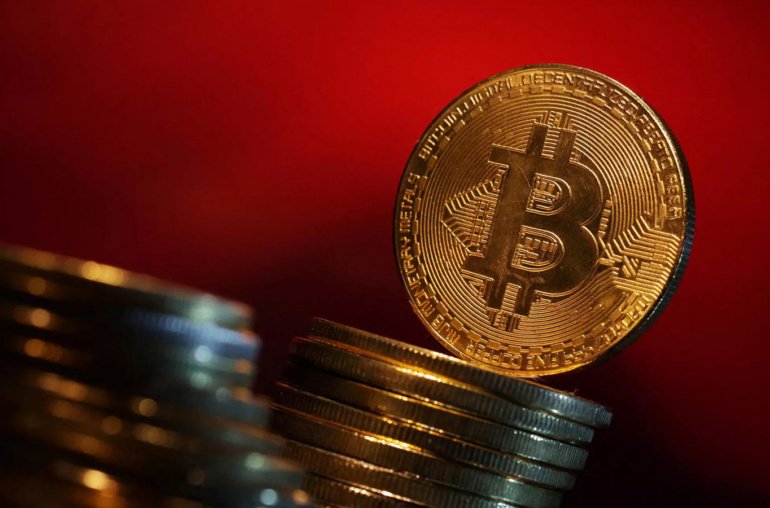Dell Technologies’ Q2 2024 earnings results created a buzz in the crypto industry, as speculation arose about the possibility of the company adding Bitcoin (BTC) to its balance sheet. Despite hints from CEO Michael Dell on social media about the potential of Bitcoin’s digital scarcity, Dell Technologies did not make any BTC purchases in the second quarter of 2024, as confirmed by their earnings report.
Michael Dell’s social media posts, including reposting Bitcoin bull Michael Saylor’s content, had stirred anticipation among enthusiasts. However, the lack of any mention of Bitcoin in Dell’s earnings filings dampened the excitement for now. The company reported a revenue of $24 billion for Q2 2024, a 9% increase year-over-year driven by AI demand, but there was no reference to BTC or any other cryptocurrency in their financials.
The absence of Bitcoin in Dell’s balance sheet sparked mixed reactions on social media. Some users speculated that major companies might hold off on BTC investments until the quantum threat is resolved. Others suggested that Dell could potentially acquire a significant amount of BTC, ranging from $25 million to $100 million, without having to disclose it in their financial reports due to its immateriality in GAAP standards.
In the accounting context, materiality refers to the significance of an item or transaction, where its inclusion or omission would not impact stakeholders’ decision-making process. It is essential to rely on official disclosures made by the company rather than speculative assumptions.
While Dell may not have joined the ranks of companies holding Bitcoin on their balance sheet, there is still significant institutional interest in the digital asset. MicroStrategy, led by Michael Saylor, holds over 226,000 BTC valued at more than $13.4 billion, with plans to raise $700 million for additional BTC purchases. Other notable entities such as Galaxy Digital Holdings, Tesla, and Coinbase Global also hold substantial amounts of BTC.
The performance of Bitcoin exchange-traded funds (ETFs) in the US has further solidified Bitcoin’s status as a preferred asset for sophisticated investors. These ETFs allow investors to hedge against fiat currencies susceptible to inflation due to unlimited supply.
In conclusion, while the anticipation of Dell Technologies adding Bitcoin to its balance sheet remains unfulfilled, the broader institutional interest in Bitcoin and its role as a hedge against inflation continue to drive investment trends in the cryptocurrency market. It is essential for investors to rely on verified information and official disclosures from companies rather than speculative rumors circulating in the industry.



